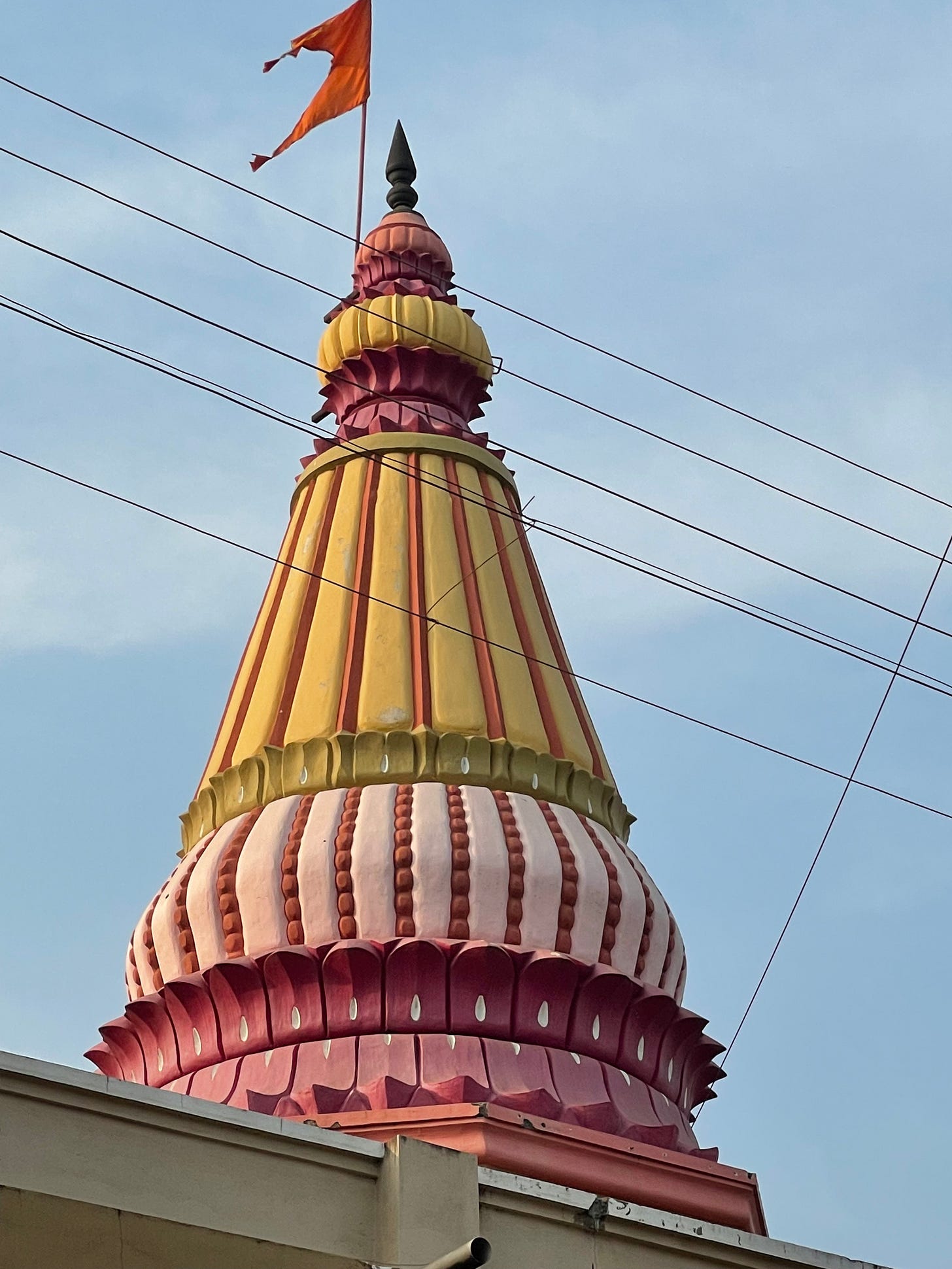Religion is a sensitive topic. It is sensitive because everyone perceives it differently and gives it varying amounts of importance. We have our own notions about religion and tend to perceive it a certain way. Our assumptions are all we have because if we do not follow a religion, it is not possible to have an experience of that religion. However, what about a religion that we do-follow? It is no revelation that many original religious texts were modified or supplemented to create certain practices to the benefit of the elite from the past.
I am a Hindu and therefore that is the only religion I choose to talk about, it is the only religion about which I do not just have an assumption, but a real experience. Being a Hindu, I am by default someone who has been classified into a particular caste. However, Hinduism never intended for its followers to be consigned into caste by birth. It was supposed to be based on profession and therefore a caste could be chosen.
Let us take a concrete Example
Another example is the Hindu belief that menstruating women should be isolated from everyone and everything else in the house. This perhaps can be explained by thinking about how laborious everyday life used to be and a woman was isolated only so that she could rest. The difference in hygiene now and then is also a factor. But can the fact that she should not enter places of worship or the kitchen be justified? If everything is indeed natural, then why should a woman avoid her alleged creator? After questioning myself about all this, and then trying to find answers, I found a possible justification. Hindu prayers tend to be said out loud in a certain rhythm, this creates vibrations in your body. These vibrations help you let go of your negative energy, hence the peaceful feeling that you sometimes might get after praying. Praying is shown to have similar effects as meditation if done properly. Periods affect your energies making a woman sensitive to absorbing this negative energy, which is why they are forbidden from entering temples. It was also customary to recite mantras while cooking prasad (food offered to god), this could be the reason why they were told not to enter the kitchen. By this logic, completely banishing a menstruating woman seems unnecessary, but keeping a little distance while praying might seem fair.
This might not be accurate, but this is plausible reasoning. This is something that is certainly not passed down, we only learn what has to be done, or refrained from, but the elucidation about why to do it often does not get passed down. When one refuses to do what they have to do, exaggerations develop to generate fear and make one adhere to the expected behaviour. There is a discrepancy between what I am taught and what I practice. So what really is my religion? The Hinduism that I am following or the one that I was supposed to follow?



